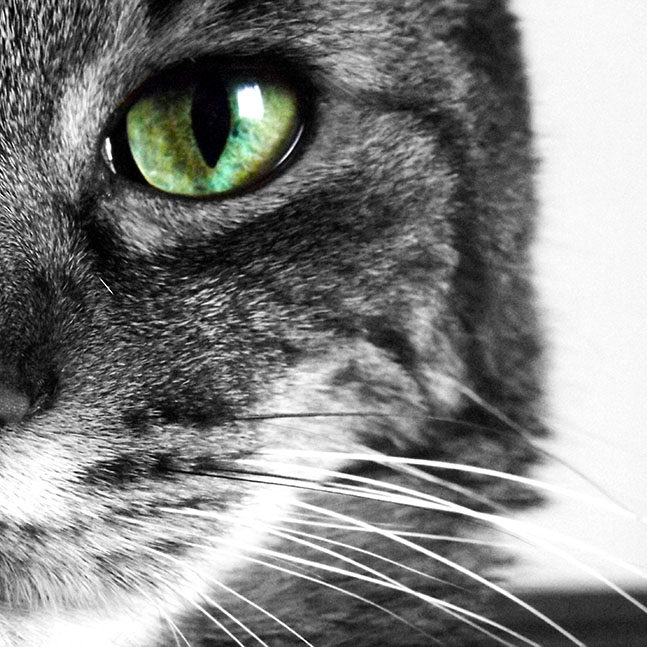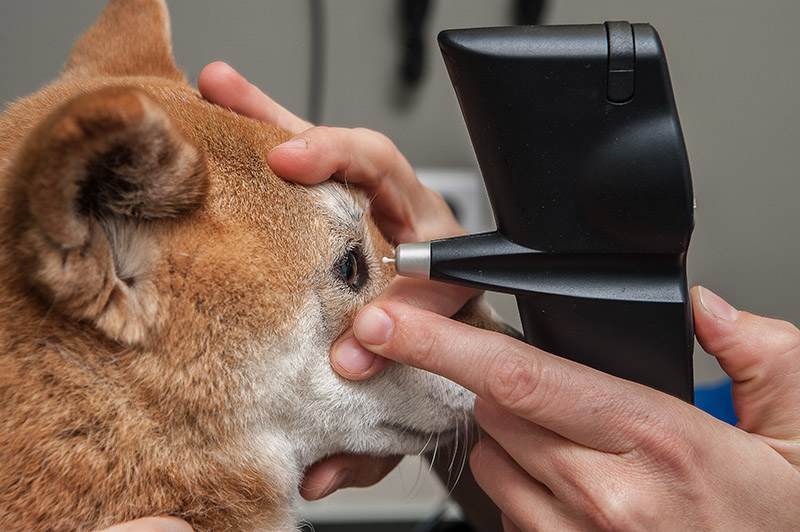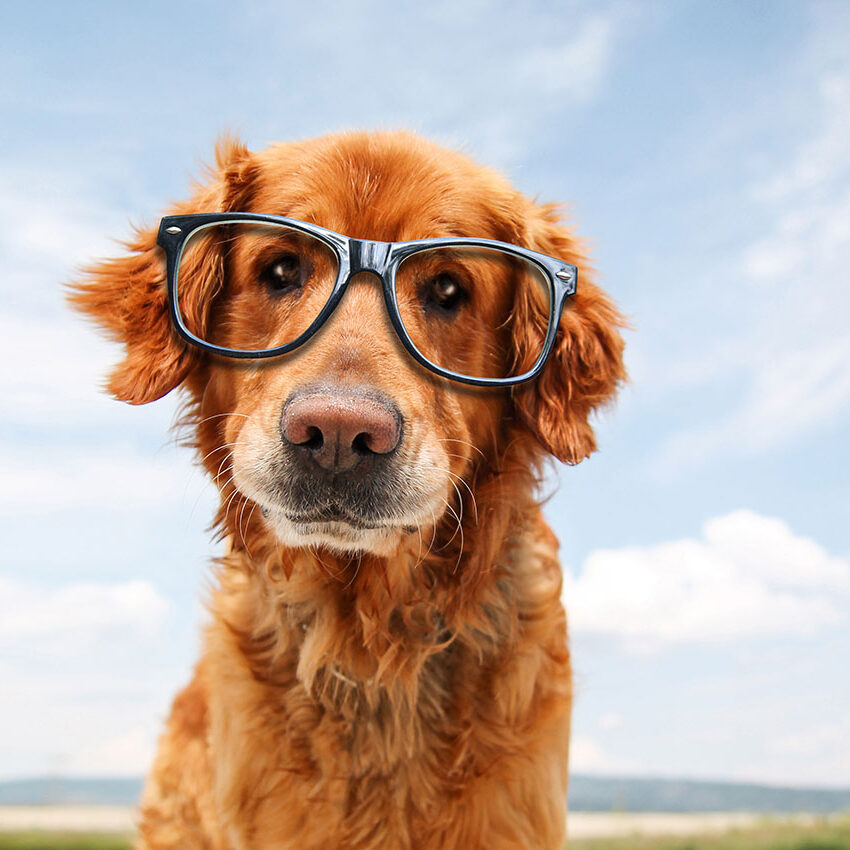Prepare for Your Visit
Patient Forms
Prior to arrival at your first visit, please fill out the online New Client Form.
Please remember:
- Please bring any current or previously used medications prescribed for your pet’s eye condition
- Please bring the name, address, and phone number of your regular veterinarian
- If your pet is scheduled for surgery, please contact our office at least 24 business hours before your scheduled appointment for specific feeding instructions.

Appointments
Our office hours are 8:30 am to 5 pm, Monday through Friday. Patients are seen by appointment only. We do our best to see each patient at their scheduled appointment time, but there may be times that emergency cases referred from a veterinarian for urgent care could interrupt our appointment schedule. If you find it necessary to cancel or reschedule your appointment, we ask that you notify us 24 business hours prior to your scheduled appointment.
Please ask your veterinarian to send a copy of your pet’s records. We will need most recent records pertaining to your pet’s eye, lab work and any medications dispensed or prescribed.
Please bring any medications that your pet is on to your appointment.
Please bring the name, address, and phone number of your referring veterinarian.
If your pet requires any special handling, please contact our office for assistance before entering the building.

Testing
Some ocular testing may be performed on patients during their visit to check for specific eye conditions.
- Schirmer Tear Test: To measure tear production in the eye(s)
- Fluorescein Stain: To check for ulcers or abrasions on the surface of the eye(s)
- Tonometry: To measure the pressure in the eye(s)
- Ocular Ultrasound: An ultrasound view of the inside and behind the eye(s)
- Gonioscopy: To view drainage angle in the eye(s)

Partners with Your Veterinarian
Most of the cases seen at the Animal Vision Center are referred to us by a primary care veterinarian. Optimizing your pet’s care requires active communication between you, the veterinary ophthalmologist, and your primary care veterinarian. Information provided by your primary care veterinarian including your pet’s medical history, previous treatment, and medications are essential in the proper diagnosis and treatment of your pet’s condition.
Following your appointment, you will be provided with detailed discharge instructions including a medical treatment schedule for your pet. You will be notified if and when we need to see your pet back for a recheck exam. We value the trust your veterinarian places in us by referring their difficult ophthalmic cases to our doctors. Your primary care veterinarian will receive a referral letter detailing your pet’s diagnosis and treatment plan. We will actively collaborate with your veterinarian to ensure your pet receives the best ophthalmic care available.

